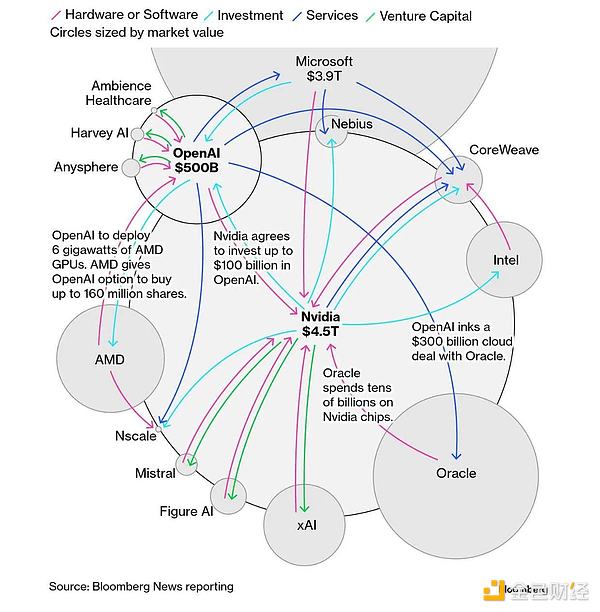AI startups in China are chipping away at America’s once unquestionable lead in artificial intelligence, ushering in what could become a worldwide arms race in AI technology.
Firms from Europe to Asia and Africa are now testing or deploying large language models from Chinese players, among them newcomer DeepSeek and e‑commerce heavyweight Alibaba, as cost‑effective alternatives to US incumbents like ChatGPT.
Big firms trial Chinese models like DeepSeek
Global lenders such as HSBC and Standard Chartered have quietly begun internal trials of DeepSeek’s models , according to insiders. These tests indicate finance giants are seeking flexible, wallet‑friendly AI solutions beyond the usual American suspects.
The move suggests a growing appetite for diverse AI providers, especially when budgets and data‑security policies come into play. Big US firms have acknowledged that Chinese AI firms are fast closing in on their US peers.
Even the energy sector is jumping on board. Saudi Aramco, the world’s largest oil producer, has integrated DeepSeek into its primary data center, reflecting confidence in Chinese AI capabilities.
In a twist, major American cloud services, Amazon Web Services, Microsoft Azure and Google Cloud, now offer DeepSeek models to their customers. That’s despite the White House restricting the app on certain government devices over security worries.
Such availability marks a striking reversal: U.S. platforms distributing a Chinese AI product alongside their own homegrown solutions.
The appeal of Chinese AI isn’t just about price. A June study by Harvard researchers found that China holds strategic advantages in the raw data and skilled talent that underpin AI development.
Fast adoption will determine who sins the race between US and China
Meanwhile, Western chipmakers are already feeling the pinch: when US authorities blocked Nvidia’s export‑friendly H20 AI chip to China, analysts estimated a $10 billion revenue hit for Nvidia.
“The No. 1 factor that will define whether the US or China wins this race is whose technology is most broadly adopted in the rest of the world,” Microsoft President Brad Smith said at a recent Senate hearing.
“Whoever gets there first will be difficult to supplant.”
American champions like OpenAI have responded with an overseas push, opening new offices in Europe and Asia. On June 25, OpenAI warned that China’s Zhipu AI is targeting emerging markets in Southeast Asia, the Middle East and Africa, aiming to cement Chinese standards before US or European rivals can gain traction.
CEO Sam Altman has framed this as a battle between “democratic AI” and “authoritarian AI,” though critics note both sides court government clients.
Unlike their US counterparts, many Chinese firms prioritize immediate, tangible applications over the grand quest for artificial general intelligence. They often release their models under open‑source licenses, Alibaba’s Qwen has already spawned over 100,000 derivative versions, allowing users worldwide to tweak and deploy them freely. Such openness pressures privately held companies like OpenAI and Anthropic to explain why their proprietary models carry hefty price tags.
On platforms like Latenode, roughly one in five customers now choose DeepSeek for custom AI tools, drawn by a price tag up to 17 times lower than competing options. That’s especially true in regions where both funding and compute resources are scarce.
Yet the splintering of global AI also raises concerns. A bifurcated ecosystem could hinder the US’ ability to shape international norms, and some observers fear Chinese models might serve as vectors for state‑approved narratives.
The US also risks losing insight into China’s ambitions and AI innovations, according to Ritwik Gupta, Al policy fellow at the University of California, Berkeley.
“If they are dependent on the global ecosystem, then we can govern it,” said Gupta. “If not, China is going to do what it is going to do, and we won’t have visibility.”
Moreover, with fewer US investments and tighter immigration rules, the traditional flow of talent and insight between Silicon Valley and Beijing is drying up. As long as China’s AI sector remains partly insulated from Western oversight, analysts warn, global transparency and shared standards may be the real casualties.
KEY Difference Wire helps crypto brands break through and dominate headlines fast




